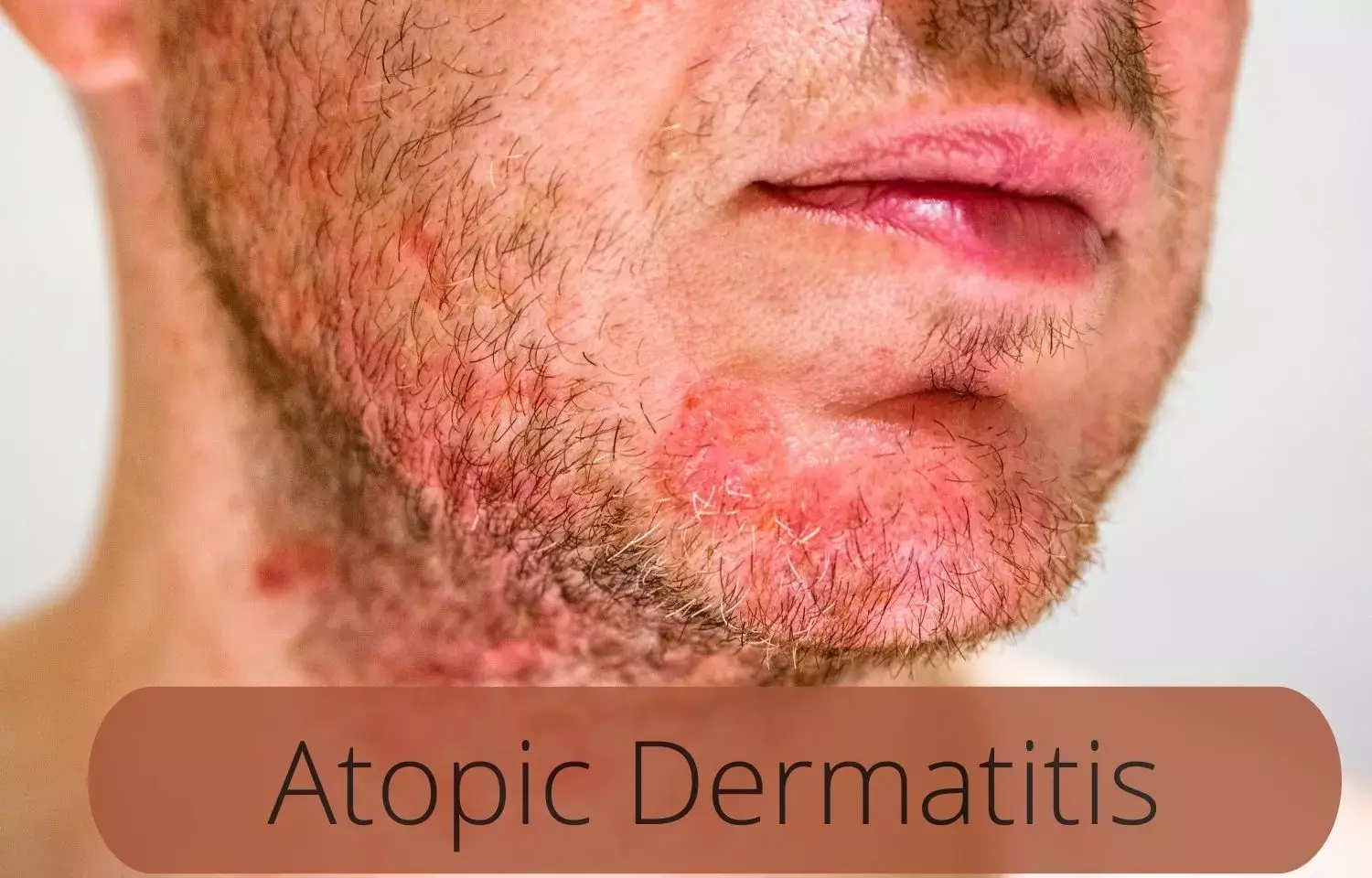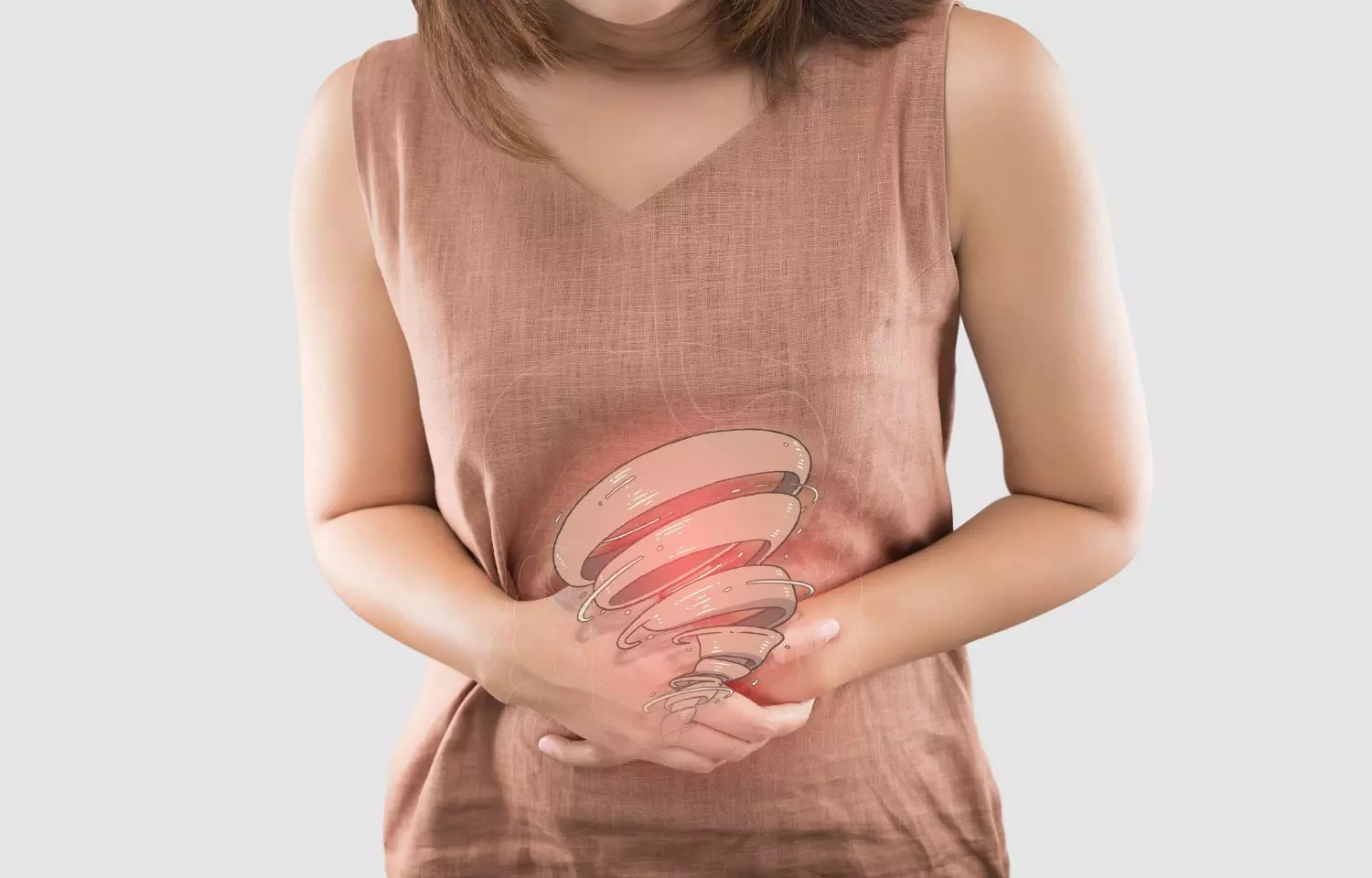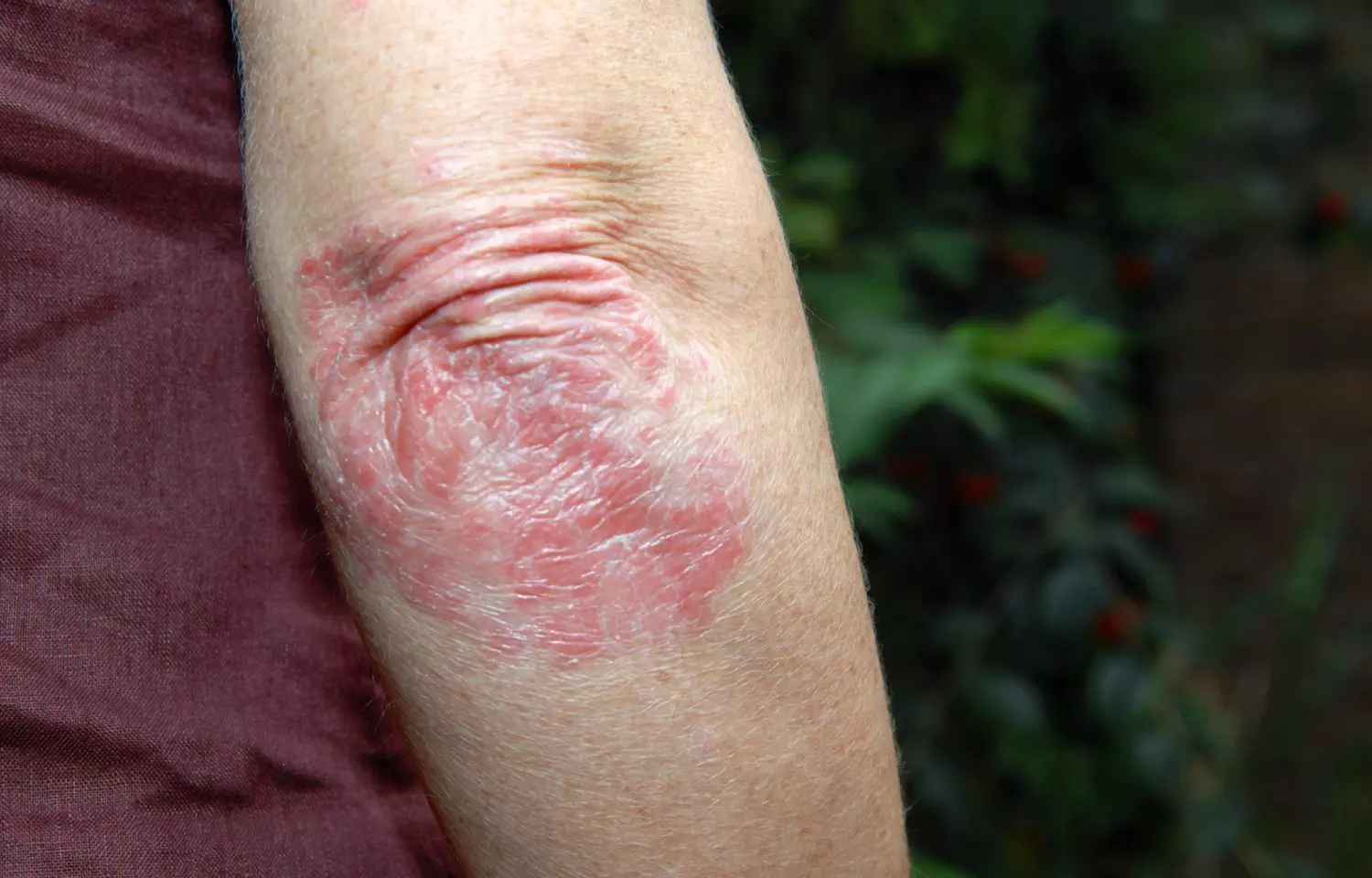- Home
- Medical news & Guidelines
- Anesthesiology
- Cardiology and CTVS
- Critical Care
- Dentistry
- Dermatology
- Diabetes and Endocrinology
- ENT
- Gastroenterology
- Medicine
- Nephrology
- Neurology
- Obstretics-Gynaecology
- Oncology
- Ophthalmology
- Orthopaedics
- Pediatrics-Neonatology
- Psychiatry
- Pulmonology
- Radiology
- Surgery
- Urology
- Laboratory Medicine
- Diet
- Nursing
- Paramedical
- Physiotherapy
- Health news
- Fact Check
- Bone Health Fact Check
- Brain Health Fact Check
- Cancer Related Fact Check
- Child Care Fact Check
- Dental and oral health fact check
- Diabetes and metabolic health fact check
- Diet and Nutrition Fact Check
- Eye and ENT Care Fact Check
- Fitness fact check
- Gut health fact check
- Heart health fact check
- Kidney health fact check
- Medical education fact check
- Men's health fact check
- Respiratory fact check
- Skin and hair care fact check
- Vaccine and Immunization fact check
- Women's health fact check
- AYUSH
- State News
- Andaman and Nicobar Islands
- Andhra Pradesh
- Arunachal Pradesh
- Assam
- Bihar
- Chandigarh
- Chattisgarh
- Dadra and Nagar Haveli
- Daman and Diu
- Delhi
- Goa
- Gujarat
- Haryana
- Himachal Pradesh
- Jammu & Kashmir
- Jharkhand
- Karnataka
- Kerala
- Ladakh
- Lakshadweep
- Madhya Pradesh
- Maharashtra
- Manipur
- Meghalaya
- Mizoram
- Nagaland
- Odisha
- Puducherry
- Punjab
- Rajasthan
- Sikkim
- Tamil Nadu
- Telangana
- Tripura
- Uttar Pradesh
- Uttrakhand
- West Bengal
- Medical Education
- Industry
Subcutaneous and sublingual immunotherapy may raise QoL among Atopic Dermatitis patients

A new study revealed that subcutaneous immunotherapy (SCIT) and sublingual immunotherapy (SLIT) for aeroallergens improve the severity of the disease and also the quality of life in patients with atopic dermatitis. The study results were published in the journal of Allergy and Clinical Immunology.
A combination of Skin barrier defects, immune dysregulation, and extrinsic stimuli like allergens, irritants, and microbes all contribute to atopic dermatitis (AD, eczema). But it is still unknown how environmental allergens (aeroallergens) cause AD. Allergen immunotherapy (AIT) which includes subcutaneous immunotherapy (SCIT), and sublingual immunotherapy (SLIT) are well established as safe and effective treatments to address allergies to aeroallergens for allergic rhinitis and allergic asthma. As there are mixed results from previous literature, researchers conducted a systematic review and meta-analysis regarding the benefits and harms of allergen immunotherapy (AIT) for AD.
As part of the 2022 American Academy of Allergy, Asthma & Immunology/American College of Allergy, Asthma and Immunology Joint Task Force on Practice Parameters AD Guideline update, databases like the MEDLINE, EMBASE, CENTRAL, CINAHL, LILACS, Global Resource for Eczema Trials, and Web of Science were searched from inception to December 2021. Randomized controlled trials that compared SCIT, SLIT, and/or no AIT (placebo or standard care) for guideline panel–defined patient-important outcomes like the AD severity, itch, AD-related quality of life (QoL), flares, and adverse events were considered. Raters independently screened, extracted data, and assessed the risk of bias in duplicate. Intervention effects were synthesized using frequentist and Bayesian random-effects models. The GRADE approach determined the quality of evidence.
Results:
- Twenty-three randomized controlled trials including 1957 adult and pediatric patients sensitized primarily to house dust mites were taken.
- They showed that add-on SCIT and SLIT have similar relative and absolute effects and likely result in important improvements in AD severity, and QoL.
| Outcomes | Defined as | CI |
| AD severity | 50% reduction in SCORing Atopic Dermatitis | risk ratio [95% confidence interval] 1.53 [1.31-1.78]; 26% vs 40%, absolute difference 14% |
QoL | an improvement in Dermatology Life Quality Index by 4 points or more | risk ratio [95% confidence interval] 1.44 [1.03-2.01]; 39% vs 56%, absolute difference 17% |
- Adverse events increased with both routes of AIT (66% with SCIT vs 41% with placebo; 13% with SLIT vs 8% with placebo; high certainty).
- There was uncertainty about AIT's effect on sleep disturbance and eczema flares.
- Subgroup and sensitivity analyses were consistent with the main findings.
Thus, Both SCIT and SLIT to aeroallergens, particularly house dust mites, have the potential to significantly improve AD severity and quality of life, but SCIT has a greater impact on adverse effects than SLIT. These findings suggest that a shared multidisciplinary, collaborative approach can bolster AD management.
Further reading: Yepes-Nuñez JJ, Guyatt GH, Gómez-Escobar LG, et al. Allergen immunotherapy for atopic dermatitis: Systematic review and meta-analysis of benefits and harms [published online ahead of print, 2022 Sep 30]. J Allergy Clin Immunol. 2022; S0091-6749(22)01322-7. doi: 10.1016/j.jaci.2022.09.020
BDS, MDS
Dr.Niharika Harsha B (BDS,MDS) completed her BDS from Govt Dental College, Hyderabad and MDS from Dr.NTR University of health sciences(Now Kaloji Rao University). She has 4 years of private dental practice and worked for 2 years as Consultant Oral Radiologist at a Dental Imaging Centre in Hyderabad. She worked as Research Assistant and scientific writer in the development of Oral Anti cancer screening device with her seniors. She has a deep intriguing wish in writing highly engaging, captivating and informative medical content for a wider audience. She can be contacted at editorial@medicaldialogues.in.
Dr Kamal Kant Kohli-MBBS, DTCD- a chest specialist with more than 30 years of practice and a flair for writing clinical articles, Dr Kamal Kant Kohli joined Medical Dialogues as a Chief Editor of Medical News. Besides writing articles, as an editor, he proofreads and verifies all the medical content published on Medical Dialogues including those coming from journals, studies,medical conferences,guidelines etc. Email: drkohli@medicaldialogues.in. Contact no. 011-43720751




